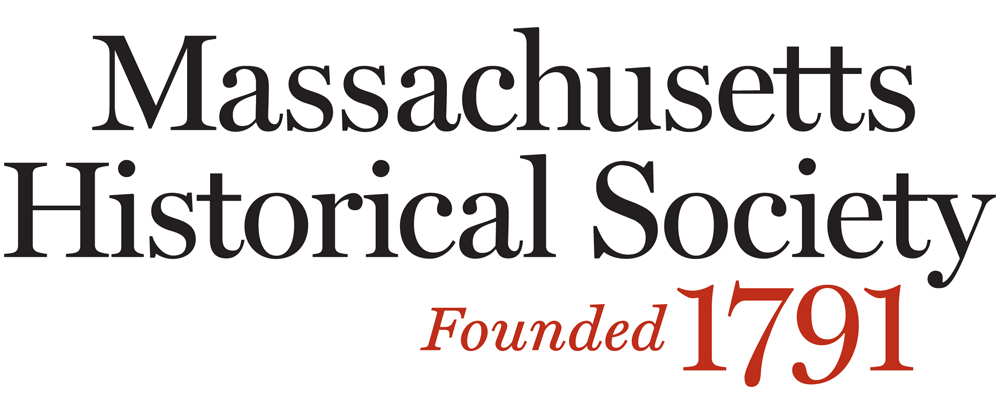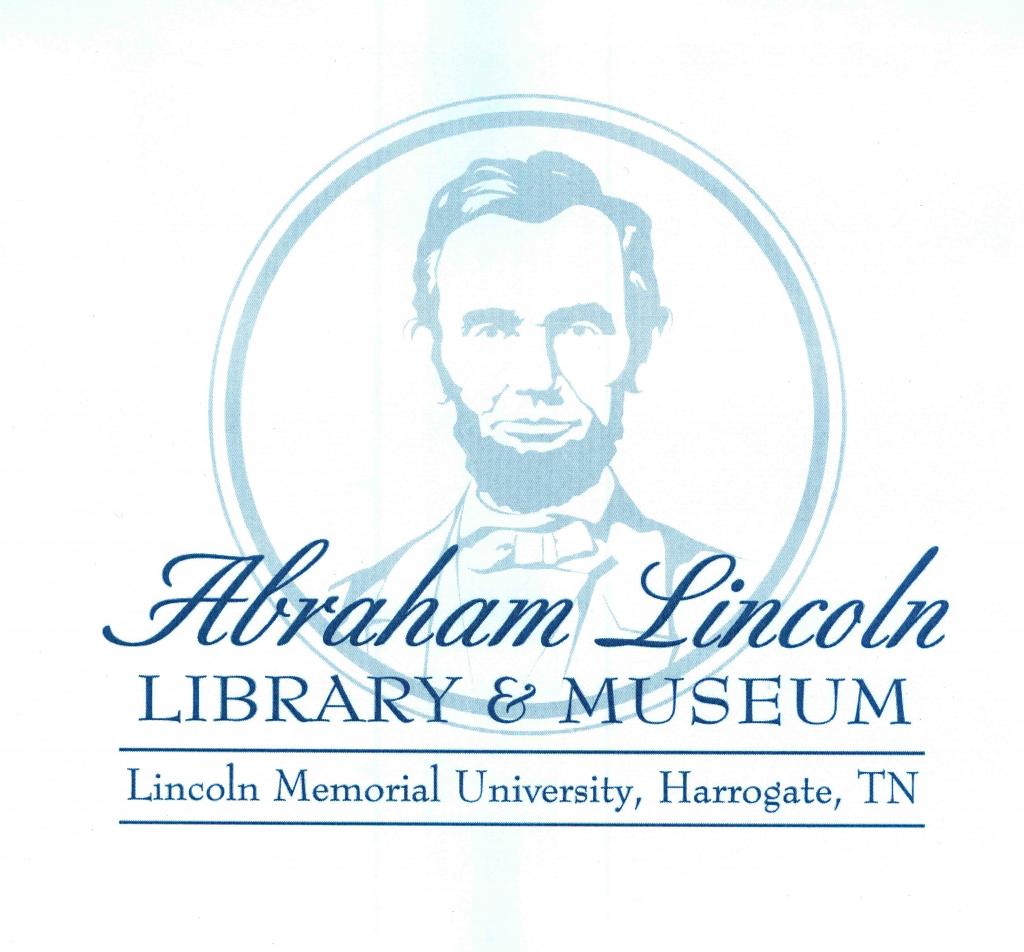from Apr. 23, 1865
Edwin Bynner to sister
-
Full Title
Letter from Edwin Bynner to his sister, 23 April 1865
-
Description
In this letter written by Edwin Bynner, an agent of the Commercial Steam Boat Company in New York, to his sister, Bynner describes his reaction and thoughts about Abraham Lincoln and the assassination. Bynner comments that he is more shocked than surprised at the assassination and recalls the greatness and humanity of Abraham Lincoln. Bynner states that during his three interactions with Lincoln he observed firsthand Lincoln's intellect and perceptiveness. Bynner was impressed with Lincoln's strong mind.
-
Source
Massachusetts Historical Society, Miscellaneous manuscripts collection
-
Rights
Use of this item for research, teaching, and private study is permitted with proper citation and attribution, as: From the Collection of the Massachusetts Historical Society. Reproduction of this item for publication, broadcast, or commercial use requires written permission. For permission, please see this web page.
-
Tags
-
Cite this Item
Bynner, Edwin. "Letter from Edwin Bynner to his sister, 23 April 1865". Remembering Lincoln. Web. Accessed December 15, 2025. https://rememberinglincoln.fords.org/node/286
from Apr. 23, 1865
Letter from Edwin Bynner to his sister, 23 April 1865
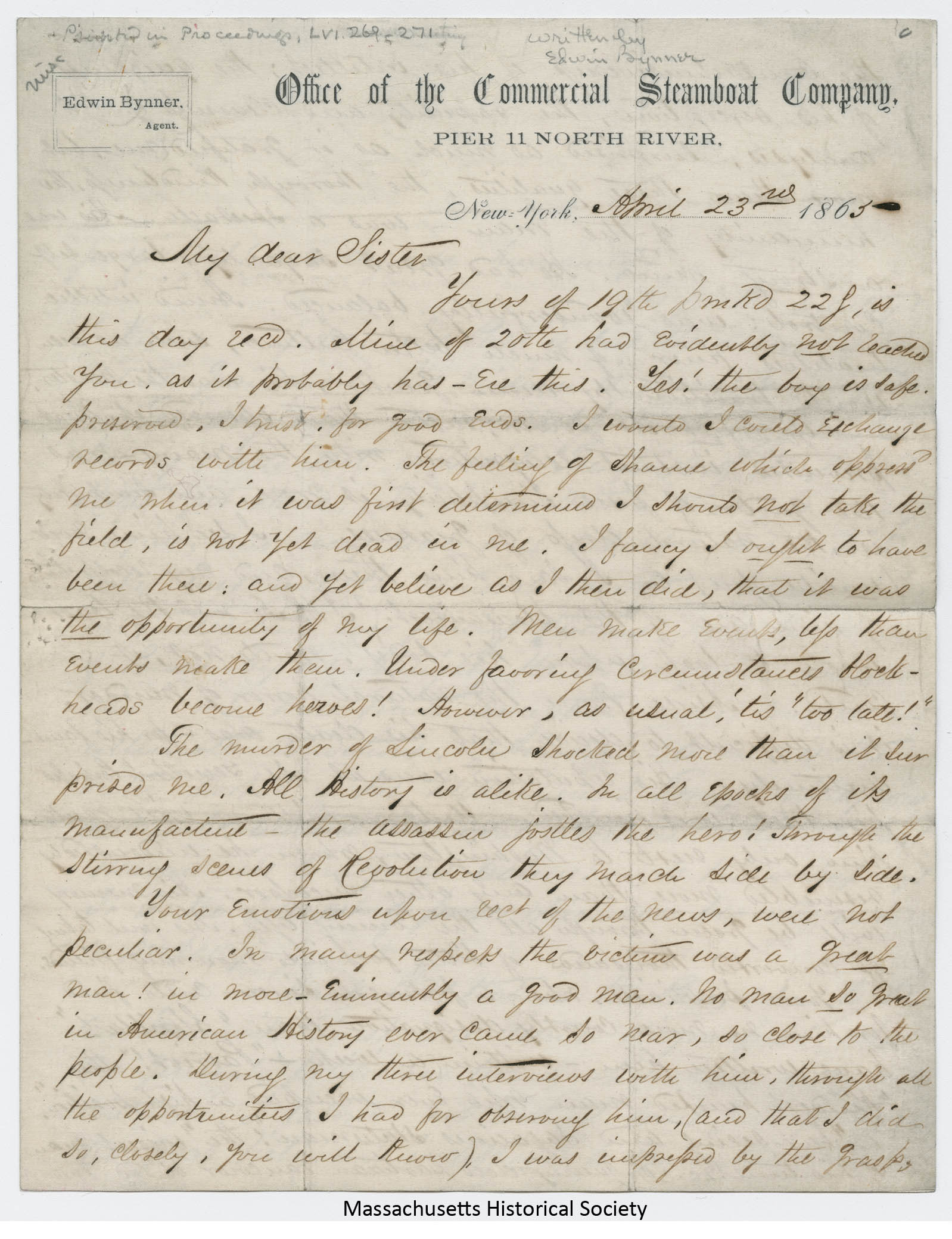
-
Description
In this letter written by Edwin Bynner, an agent of the Commercial Steam Boat Company in New York, to his sister, Bynner describes his reaction and thoughts about Abraham Lincoln and the assassination. Bynner comments that he is more shocked than surprised at the assassination and recalls the greatness and humanity of Abraham Lincoln. Bynner states that during his three interactions with Lincoln he observed firsthand Lincoln's intellect and perceptiveness. Bynner was impressed with Lincoln's strong mind.
-
Source
Massachusetts Historical Society, Miscellaneous manuscripts collection
-
Rights
Use of this item for research, teaching, and private study is permitted with proper citation and attribution, as: From the Collection of the Massachusetts Historical Society. Reproduction of this item for publication, broadcast, or commercial use requires written permission. For permission, please see this web page.
-
Creator
Bynner, Edwin
-
Date
April 23, 1865
-
Material
25 cm x 19.7 cm
from Apr. 15, 1865
Sarah Gooll Putnam Diary
-
Full Title
Sarah Gooll Putnam diary 7 excerpt, entries for 13-17 April 1865
-
Description
Sarah Gooll Putnam, a teenager (who was 14 years old in during the spring 1865 and lived primarily in Boston, Massachusetts), describes the shock and sadness of hearing about the assassination of Abraham Lincoln. Her diaries (started in 1860, when she was 9, and continued until close to the time of her death at age 61 in 1912) feature many illustrations. The entry for 15 April 1865 includes a minimalist sketch of a face with a shocked expression.
-
Transcription
31 April
Glee. The little dog was taken away by John
I read [?] [?], and check home
Lousia came in in the morning and so did
Mr. Greenrough and Mr. Baron.
13 Thurs. I packed up some of my things and
Stayed to alice Russels to drink tea, where I
Stayed awfully late
14 Frid. Packing went on at a great rate. Just
Think, we shall be out of this house Monday
Or Tuesday. I went to Aunt Lousia’s to tea
Grandma Upham came to our house for her’s.
15th Sat. Now guess my feelings when
Coming down to breakfast as Mother’s saying
“The President is killed!” I stood so for
A few minutes without speak -
Ing. I can not realize it yet-
Poor, dear, old, abe, [?] of
Will kill how his death came
On without any sentiment for that over
No good. Last night he went with Mrs.
Lincoln to see “Our American Cousin” [?]
([?] - Washington) During one of the acts
A justice shot was heard and a shriek
From Mrs. Lincoln and before people
Could collect their [?] a man flourishing
A knife strung from the boy by President
Lincoln, dashed onto the stage, said “[?] [?]
[?]” and rushed off. Now President
L is dead, dear old kind Abe. An attempts
Was made on Mr. Seward’s life too, who was
Sick in his bed. An assasin came into the room
Under pretense of somebody sent from a
doctor or something like that. He almost
Succeeding in assasinating both Mr. Seward
and his son who was in the same room
With his father. Everybody’s house almost
Is just in mourning for Abraham Lincoln
The houses are drafted with black and white
16th Sun. The sermon was almost entirely about
The [?] assassination.
17th Mon. Mother cleaned out the house, and
I went to Aunt Louisa’s to tea. Many and
[?] went to Grandma Upham’s.
18th Tues. There was an question at our house
It was rather mournful coming home from
School to see loads of furniture going from
Our house that we never shall sleep in
Again! Bridget, Hannah and many [?]
Walked round this house [?] the [?] with
Robin in Bridget’s [?] She bought the kitchen
[Transcription by: Megan Klein, Rachel Engl's class, Lehigh University] -
Source
Massachusetts Historical Society, Ms. N-758
-
Rights
Use of this item for research, teaching, and private study is permitted with proper citation and attribution, as: From the Collection of the Massachusetts Historical Society. Reproduction of this item for publication, broadcast, or commercial use requires written permission. For permission, please see this web page.
-
Tags
-
Cite this Item
Putnam, Sarah Gooll. "Sarah Gooll Putnam diary 7 excerpt, entries for 13-17 April 1865". Remembering Lincoln. Web. Accessed December 15, 2025. https://rememberinglincoln.fords.org/node/285
from Apr. 15, 1865
Sarah Gooll Putnam diary 7 excerpt, entries for 13-17 April 1865
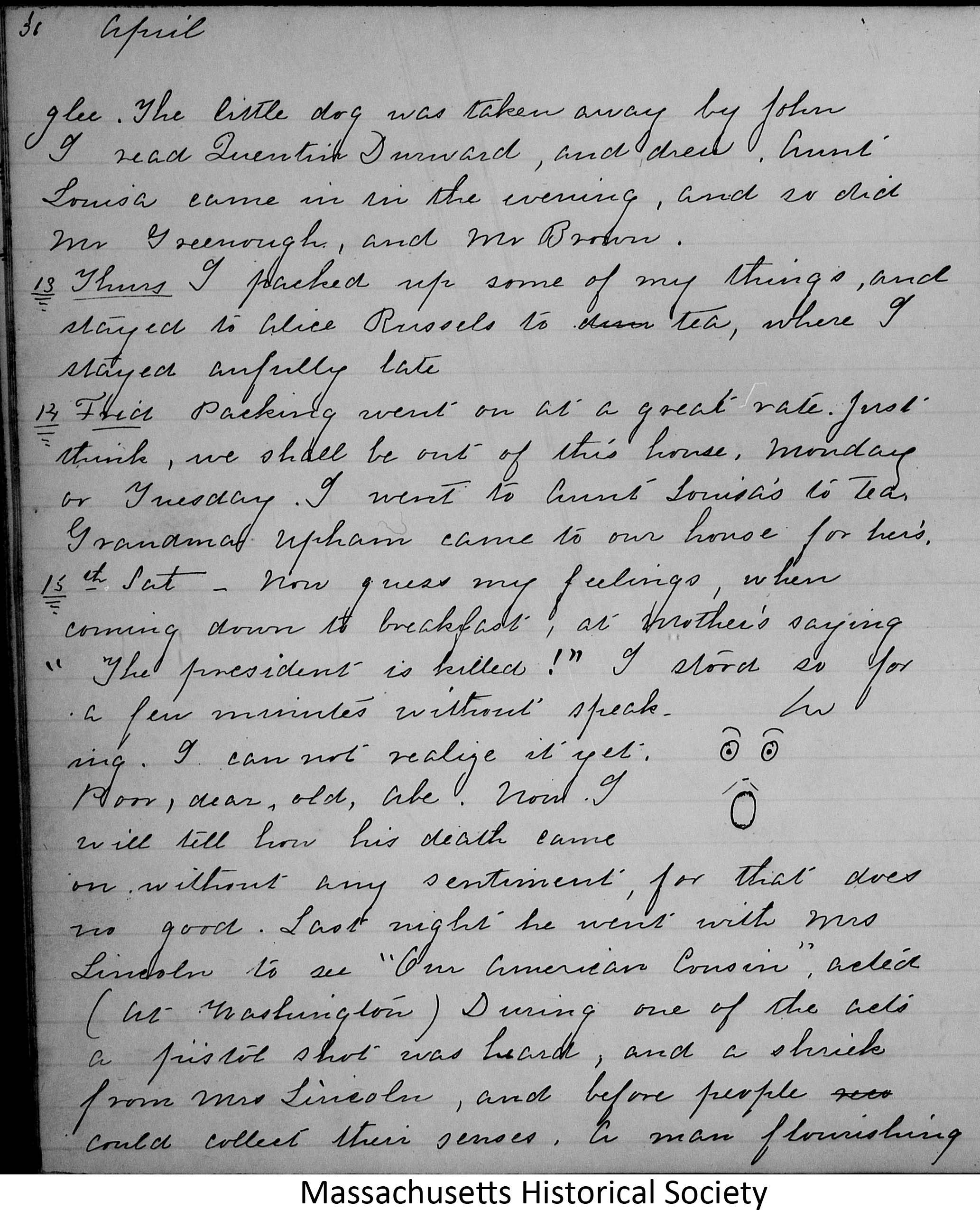
-
Description
Sarah Gooll Putnam, a teenager (who was 14 years old in during the spring 1865 and lived primarily in Boston, Massachusetts), describes the shock and sadness of hearing about the assassination of Abraham Lincoln. Her diaries (started in 1860, when she was 9, and continued until close to the time of her death at age 61 in 1912) feature many illustrations. The entry for 15 April 1865 includes a minimalist sketch of a face with a shocked expression.
-
Source
Massachusetts Historical Society, Ms. N-758
-
Rights
Use of this item for research, teaching, and private study is permitted with proper citation and attribution, as: From the Collection of the Massachusetts Historical Society. Reproduction of this item for publication, broadcast, or commercial use requires written permission. For permission, please see this web page.
-
Creator
Putnam, Sarah Gooll
-
Date
April 15, 1865
from Apr. 17, 1865
"Traitors at Home"
-
Full Title
Traitors at Home
-
Description
Article on page 2 of the Monday April 17, 1865 edition of the Cleveland Morning Leader newspaper describing an incident that occurred the previous Saturday afternoon when citizens gathered on Public Square at 3PM to publicly mourn the death of the President by an assassin. J.J. Husband, the architect of the county courthouse on the NW corner of Public Square at that time and likely a Democrat, was heard to say that Lincoln's death was "no great loss." The crown turned on him and ran him out town. A group then chiseled his name off the cornerstone of the courthouse, vowing that his name would never be heard or read again in the city. The article provides details of this infamous event in Cleveland history.
-
Transcription
Cleveland Morning Leader
Monday April 17, 1867 p.2
TRAITORS AT HOME
___
Eulogists of Murder in Cleveland – How
they were treated.
___
It seems providentially provided for that some villains are fools—so great fools that they parade their villainy before the world. Such was the case of certain traitors in Cleveland Saturday, who were crazy enough to express their joy at the murder of the President, and received therefore some very rough treatment, no more, however, than their just deserts.
The case of J. J. Husband, the well-known architect, who occupies an office and rooms over Fogg’s store, was most prominent. He was in high glee over the news, remarking to one man: “You have had your day of rejoicing, now I have mine;” to another: “This is a good day for me,” and to a third that “Lincoln’s death was a d____d small loss.” It seems that afterward he became sensible of the danger he had incurred by these remarks, for he came sneaking to the newspaper offices to deny that he had made them. We have, however, the authority of half a dozen reliable gentleman, who heard his remarks, against his unsupported assertion.
On his way back to his office he was assaulted by the crowd, but escaped from them. His words were repeated from mouth to mouth, and the indignation of the multitude knew no bounds. The crowd searched the building for him, at last finding him on the roof of the building. He was caught, thrown through the skylight into his room, and knocked and kicked down stairs. The mob then set upon him and would perhaps have pounded him to death had he not been rescued by prominent citizens. He was taken to the courthouse and locked up in a room for safekeeping. He broke out and sneaked off during the day, and, we understand, has since left town. He can never show his face again in Cleveland. His name has already been chipped from the place on the court-house where it was cut as architect.
Another man, named James Griffith, from Hamilton, Butler county, in this State, arrived in town Saturday morning, and on hearing of the news, said to a barber who was shaving him in the Weddell House barber shop, that “Lincoln was a d__d son of a b___h, and ought to have been shot long ago.” Hearing of this the mob started after him. He was taken charge of by Clark Warren and others who carried him to the jail. On the way there, however, the mob got at him and pounded him badly. He is now in jail and ought to stay there for a term of months.
Another traitor, expressing his joy on Ontario street, Saturday morning, was knocked stiff by a little fellow half his size. Other men of Southern sympathies knew enough to keep closely at home Saturday. Cleveland is an unhealthy place for rebels.
[Transcription by Deborah Taylor.] -
Source
www.wrhs.org
-
Rights
Permission for personal and research use; publication and reproduction requires permission from the Western Reserve Historical Society.
-
Tags
-
Cite this Item
Cleveland Morning Leader. "Traitors at Home". Cleveland Morning Leader. Remembering Lincoln. Web. Accessed December 15, 2025. https://rememberinglincoln.fords.org/node/223
-
Creator
Cleveland Morning Leader
-
Publisher
Cleveland Morning Leader
-
Date
April 17, 1865
from Apr. 17, 1865
Traitors at Home

-
Description
Article on page 2 of the Monday April 17, 1865 edition of the Cleveland Morning Leader newspaper describing an incident that occurred the previous Saturday afternoon when citizens gathered on Public Square at 3PM to publicly mourn the death of the President by an assassin. J.J. Husband, the architect of the county courthouse on the NW corner of Public Square at that time and likely a Democrat, was heard to say that Lincoln's death was "no great loss." The crown turned on him and ran him out town. A group then chiseled his name off the cornerstone of the courthouse, vowing that his name would never be heard or read again in the city. The article provides details of this infamous event in Cleveland history.
-
Source
www.wrhs.org
-
Rights
Permission for personal and research use; publication and reproduction requires permission from the Western Reserve Historical Society.
-
Creator
Cleveland Morning Leader
-
Publisher
Cleveland Morning Leader
-
Date
April 17, 1865
from May. 1, 1865
Augustine J. H. Duganne Poem on Lincoln Assassination
-
Full Title
In Memoriam - Augustine J. H. Duganne Poem on Lincoln Assassination
-
Description
Memorial card with poem by Augustine J. H. Duganne. This piece describes Lincoln as a martyr and gentle ruler, loving the South despite their hatred towards him. Augustine remarks on the significance of Lincoln being assassinated on Good Friday and makes comparisons between the event and the Crucifixion. Augustine Duganne was a novelist and poet from Boston and became a colonel for the 176th New York Volunteers during the Civil War. He was captured by the Confederates in 1863 and was a POW in a Texas prison for over a year. After the war he wrote about his experiences in prison in a book called "Camps and Prisons: Twenty Months in the Department of the Gulf."
-
Source
-
Rights
Use of this item for research, teaching and private study is permitted with proper citation and attribution, as defined here. Reproduction of this item for publication, broadcast or commercial use requires written permission. For permission, please contact the Abraham Lincoln Library and Museum of Lincoln Memorial University, Harrogate, TN.
-
Tags
-
Cite this Item
poem by A. J. H. Duganne. .. "In Memoriam - Augustine J. H. Duganne Poem on Lincoln Assassination". Published by Trent, Filmer & Co. Remembering Lincoln. Web. Accessed December 15, 2025. https://rememberinglincoln.fords.org/node/248
from May. 1, 1865
In Memoriam - Augustine J. H. Duganne Poem on Lincoln Assassination
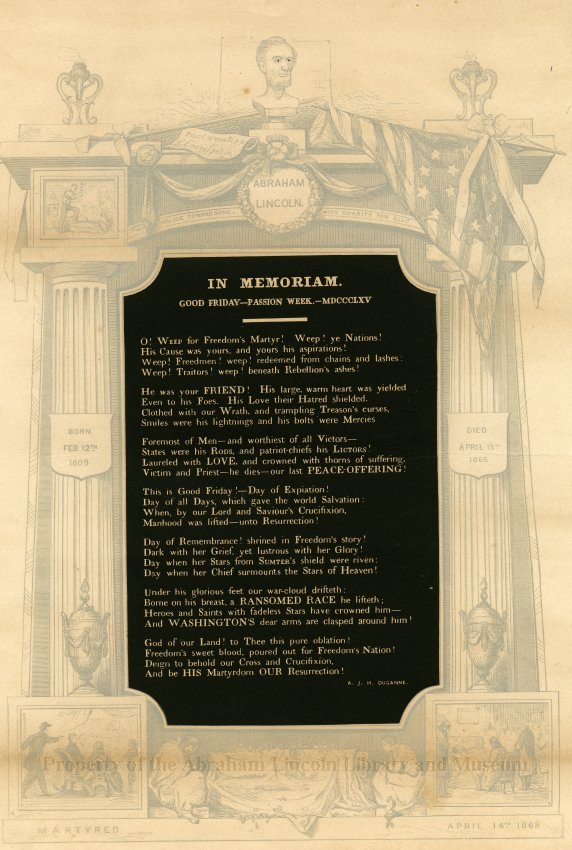
-
Description
Memorial card with poem by Augustine J. H. Duganne. This piece describes Lincoln as a martyr and gentle ruler, loving the South despite their hatred towards him. Augustine remarks on the significance of Lincoln being assassinated on Good Friday and makes comparisons between the event and the Crucifixion. Augustine Duganne was a novelist and poet from Boston and became a colonel for the 176th New York Volunteers during the Civil War. He was captured by the Confederates in 1863 and was a POW in a Texas prison for over a year. After the war he wrote about his experiences in prison in a book called "Camps and Prisons: Twenty Months in the Department of the Gulf."
-
Source
-
Rights
Use of this item for research, teaching and private study is permitted with proper citation and attribution, as defined here. Reproduction of this item for publication, broadcast or commercial use requires written permission. For permission, please contact the Abraham Lincoln Library and Museum of Lincoln Memorial University, Harrogate, TN.
-
Creator
poem by A. J. H. Duganne. .
-
Publisher
Published by Trent, Filmer & Co
-
Date
May 1, 1865
from Apr. 15, 1865
Last Moments of President Lincoln
-
Full Title
Last Moments of President Lincoln
-
Description
The deathbed of Abraham Lincoln
-
Source
-
Rights
Use of this item for research, teaching and private study is permitted with proper citation and attribution, as defined here. Reproduction of this item for publication, broadcast or commercial use requires written permission. For permission, please contact the Abraham Lincoln Library and Museum of Lincoln Memorial University, Harrogate, TN.
-
Tags
-
Cite this Item
Buffords Publishing House, Boston, MA. "Last Moments of President Lincoln". Buffords Publishing House, Boston, MA.. Remembering Lincoln. Web. Accessed December 15, 2025. https://rememberinglincoln.fords.org/node/250
from Apr. 15, 1865
Last Moments of President Lincoln
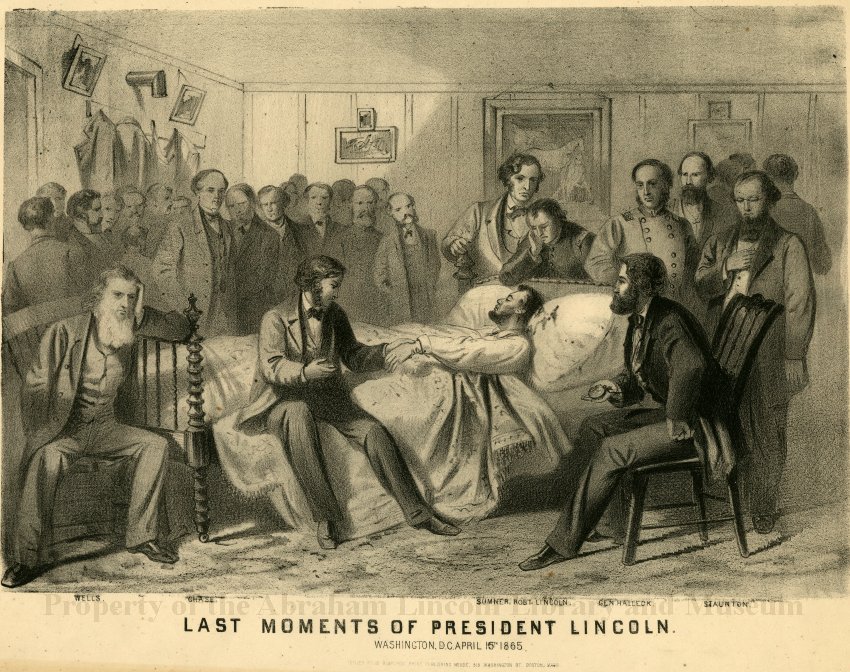
-
Description
The deathbed of Abraham Lincoln
-
Source
-
Rights
Use of this item for research, teaching and private study is permitted with proper citation and attribution, as defined here. Reproduction of this item for publication, broadcast or commercial use requires written permission. For permission, please contact the Abraham Lincoln Library and Museum of Lincoln Memorial University, Harrogate, TN.
-
Creator
Buffords Publishing House, Boston, MA
-
Publisher
Buffords Publishing House, Boston, MA.
-
Date
April 15, 1865
from Apr. 29, 1865
Funeral Car of Abraham Lincoln
-
Full Title
Funeral Car of Abraham Lincoln
-
Description
Lithograph depicting the state capitol of Ohio with Lincoln's funeral car in foreground.
-
Source
-
Rights
Use of this item for research, teaching and private study is permitted with proper citation and attribution, as defined here. Reproduction of this item for publication, broadcast or commercial use requires written permission. For permission, please contact the Abraham Lincoln Library and Museum of Lincoln Memorial University, Harrogate, TN.
-
Tags
-
Cite this Item
Albert Ruger.. "Funeral Car of Abraham Lincoln ". Ehrgott Forbriger and Co. Lith., Cincinnati. Published by S. Selleck and Company of Columbus, OH. . Remembering Lincoln. Web. Accessed December 15, 2025. https://rememberinglincoln.fords.org/node/262
from Apr. 29, 1865
Funeral Car of Abraham Lincoln
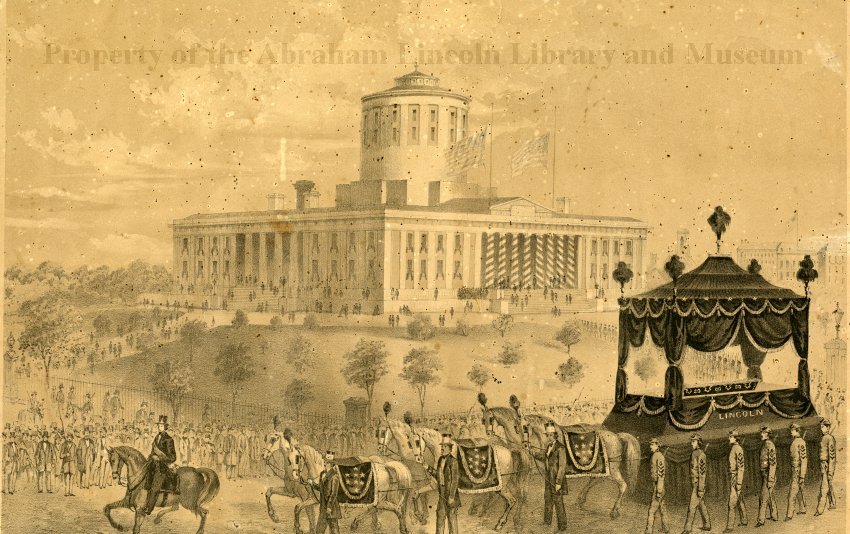
-
Description
Lithograph depicting the state capitol of Ohio with Lincoln's funeral car in foreground.
-
Source
-
Rights
Use of this item for research, teaching and private study is permitted with proper citation and attribution, as defined here. Reproduction of this item for publication, broadcast or commercial use requires written permission. For permission, please contact the Abraham Lincoln Library and Museum of Lincoln Memorial University, Harrogate, TN.
-
Creator
Albert Ruger.
-
Publisher
Ehrgott Forbriger and Co. Lith., Cincinnati. Published by S. Selleck and Company of Columbus, OH.
-
Date
April 29, 1865
from Jan. 8, 1865
Death of President Lincoln
-
Full Title
Death of President Lincoln
-
Description
A color lithograph showing deathbed scene in Petersen House
-
Source
-
Rights
Use of this item for research, teaching and private study is permitted with proper citation and attribution, as defined here. Reproduction of this item for publication, broadcast or commercial use requires written permission. For permission, please contact the Abraham Lincoln Library and Museum of Lincoln Memorial University, Harrogate, TN.
-
Tags
-
Cite this Item
Currier & Ives. "Death of President Lincoln". Currier & Ives . Remembering Lincoln. Web. Accessed December 15, 2025. https://rememberinglincoln.fords.org/node/251
from Jan. 8, 1865
Death of President Lincoln
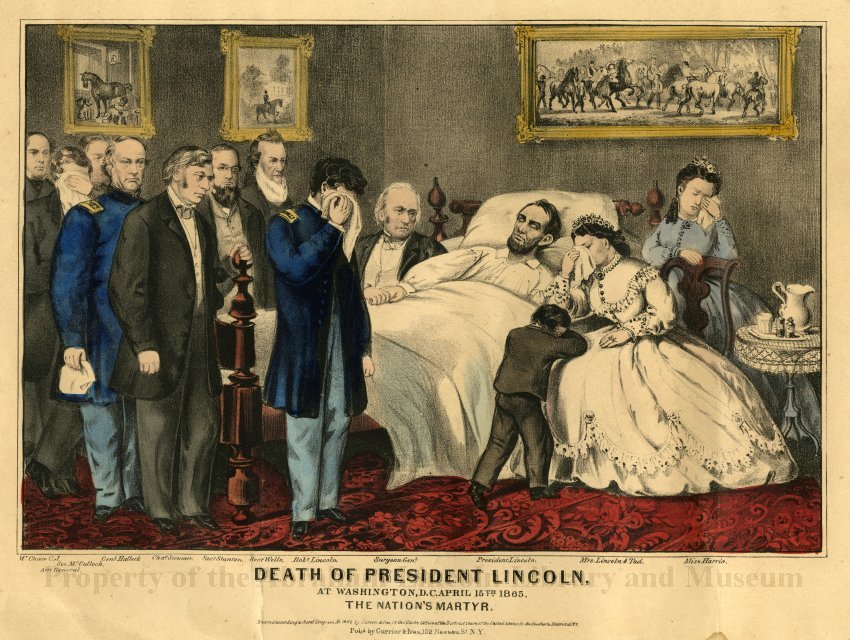
-
Description
A color lithograph showing deathbed scene in Petersen House
-
Source
-
Rights
Use of this item for research, teaching and private study is permitted with proper citation and attribution, as defined here. Reproduction of this item for publication, broadcast or commercial use requires written permission. For permission, please contact the Abraham Lincoln Library and Museum of Lincoln Memorial University, Harrogate, TN.
-
Creator
Currier & Ives
-
Publisher
Currier & Ives
-
Date
January 8, 1865
from May. 1, 1865
Death of Lincoln
-
Full Title
Death of Lincoln
-
Description
This carte-de-visite memorial card shows Lincoln on his deathbed surrounded by members of his cabinet, officers, and other dignitaries. A woman, apparently Mary Todd Lincoln, is seen weeping at his bedside.
-
Source
-
Rights
Use of this item for research, teaching and private study is permitted with proper citation and attribution, as defined here. Reproduction of this item for publication, broadcast or commercial use requires written permission. For permission, please contact the Abraham Lincoln Library and Museum of Lincoln Memorial University, Harrogate, TN.
-
Tags
-
Cite this Item
anonymous. "Death of Lincoln ". Remembering Lincoln. Web. Accessed December 15, 2025. https://rememberinglincoln.fords.org/node/244
from May. 1, 1865
Death of Lincoln
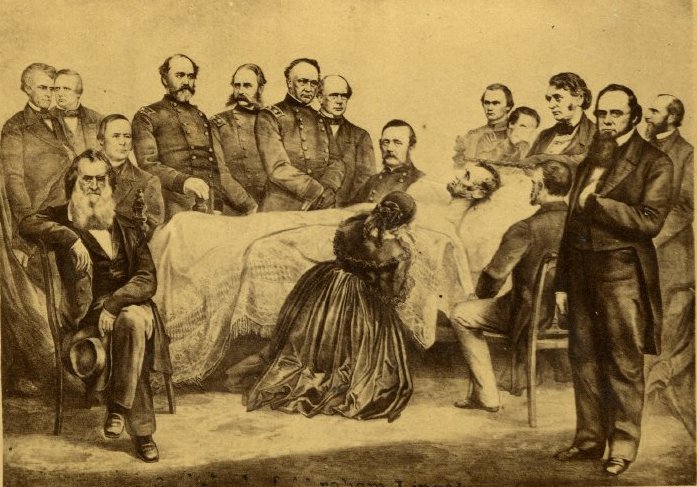
-
Description
This carte-de-visite memorial card shows Lincoln on his deathbed surrounded by members of his cabinet, officers, and other dignitaries. A woman, apparently Mary Todd Lincoln, is seen weeping at his bedside.
-
Source
-
Rights
Use of this item for research, teaching and private study is permitted with proper citation and attribution, as defined here. Reproduction of this item for publication, broadcast or commercial use requires written permission. For permission, please contact the Abraham Lincoln Library and Museum of Lincoln Memorial University, Harrogate, TN.
-
Creator
anonymous
-
Date
May 1, 1865
from May. 1, 1865
Abr. Lincoln
-
Full Title
Abr. Lincoln
-
Description
This carte-de-visite memorial card shows Abraham Lincoln in an oval portrait with the caption "Abr. Lincoln." The image is from a photograph taken by Anthony Berger of Brady's Gallery, Washington, D.C., on February 9, 1864; it is the same image on the new five dollar bill and was reproduced often in Lincoln's own era.
-
Source
-
Rights
Use of this item for research, teaching and private study is permitted with proper citation and attribution, as defined here. Reproduction of this item for publication, broadcast or commercial use requires written permission. For permission, please contact the Abraham Lincoln Library and Museum of Lincoln Memorial University, Harrogate, TN.
-
Tags
-
Cite this Item
anonymous. "Abr. Lincoln". Remembering Lincoln. Web. Accessed December 15, 2025. https://rememberinglincoln.fords.org/node/245
from May. 1, 1865
Abr. Lincoln
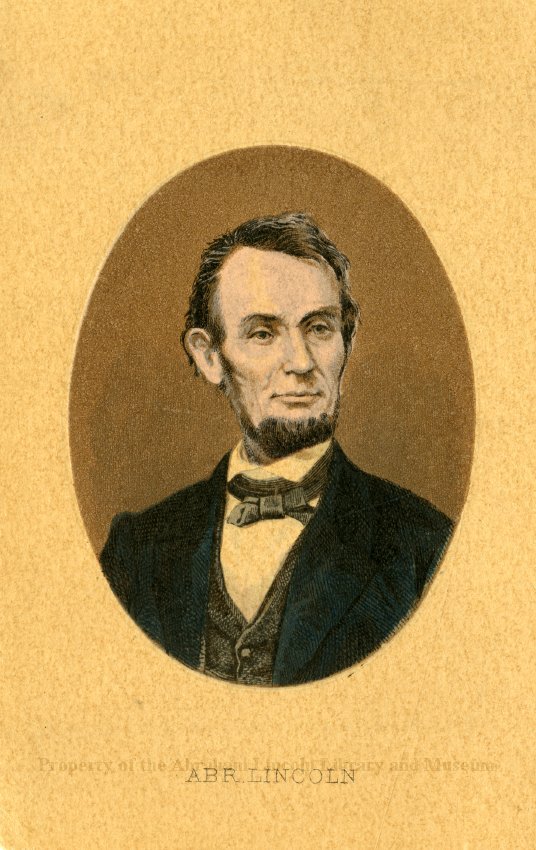
-
Description
This carte-de-visite memorial card shows Abraham Lincoln in an oval portrait with the caption "Abr. Lincoln." The image is from a photograph taken by Anthony Berger of Brady's Gallery, Washington, D.C., on February 9, 1864; it is the same image on the new five dollar bill and was reproduced often in Lincoln's own era.
-
Source
-
Rights
Use of this item for research, teaching and private study is permitted with proper citation and attribution, as defined here. Reproduction of this item for publication, broadcast or commercial use requires written permission. For permission, please contact the Abraham Lincoln Library and Museum of Lincoln Memorial University, Harrogate, TN.
-
Creator
anonymous
-
Date
May 1, 1865
from May. 4, 1865
Hair Brooch worn by Matilda Bergen Beach at Lincoln's Burial
-
Full Title
Hair Brooch worn by Matilda Bergen Beach at Lincoln's Burial
-
Description
Hair Brooch worn by Matilda Bergen Beach at Lincoln's burial composed of small strands in a bow knot, from which a hair acorn is suspended. A gold attachment in the center of bow bears the initials "M.B."
-
Source
-
Rights
Use of this item for research, teaching and private study is permitted with proper citation and attribution, as defined here. Reproduction of this item for publication, broadcast or commercial use requires written permission. For permission, please contact The Detroit Historical Society.
-
Tags
-
Cite this Item
anonymous. "Hair Brooch worn by Matilda Bergen Beach at Lincoln's Burial ". Remembering Lincoln. Web. Accessed December 15, 2025. https://rememberinglincoln.fords.org/node/186
from May. 4, 1865
Hair Brooch worn by Matilda Bergen Beach at Lincoln's Burial
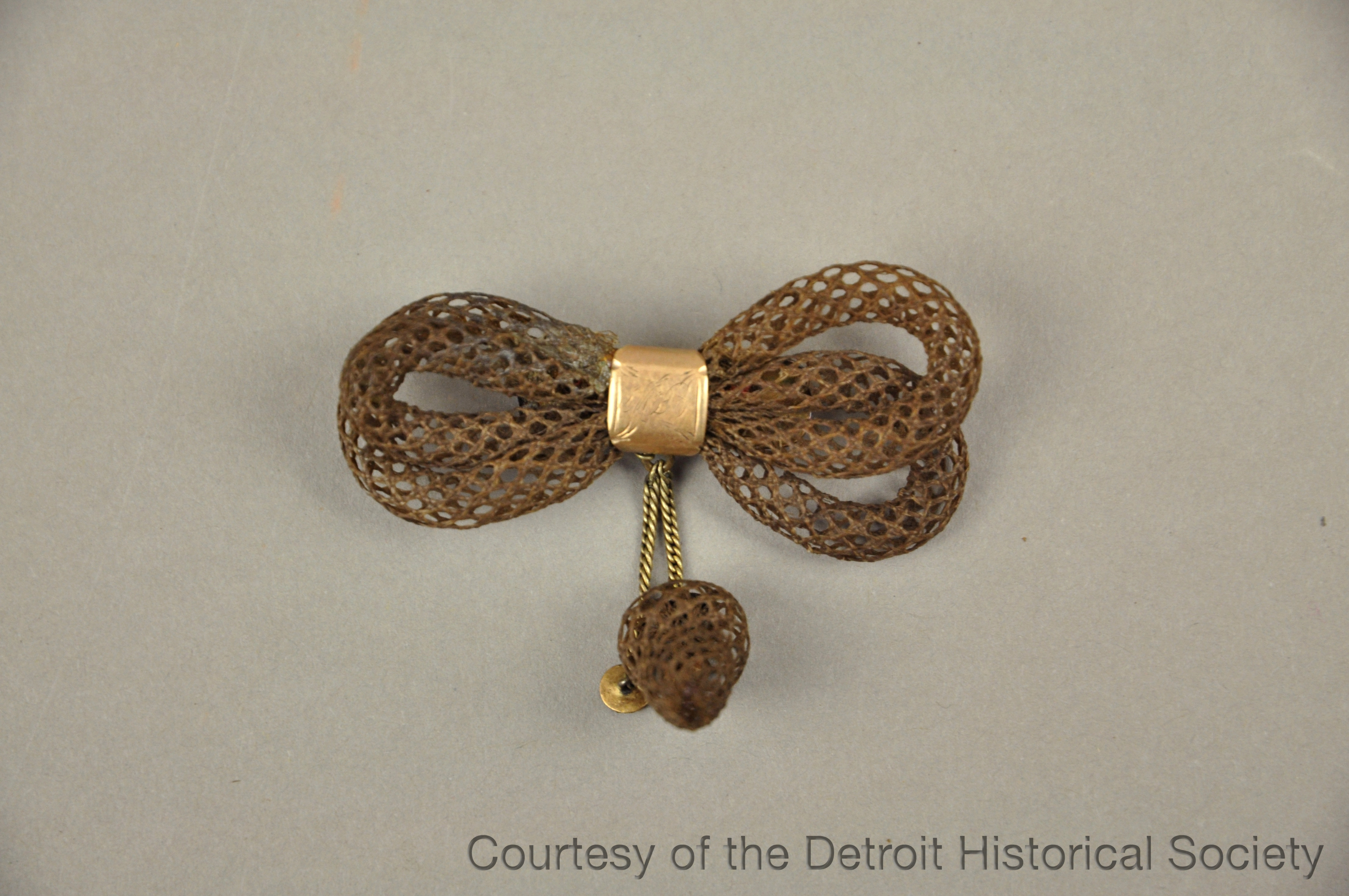
-
Description
Hair Brooch worn by Matilda Bergen Beach at Lincoln's burial composed of small strands in a bow knot, from which a hair acorn is suspended. A gold attachment in the center of bow bears the initials "M.B."
-
Source
-
Rights
Use of this item for research, teaching and private study is permitted with proper citation and attribution, as defined here. Reproduction of this item for publication, broadcast or commercial use requires written permission. For permission, please contact The Detroit Historical Society.
-
Creator
anonymous
-
Date
May 4, 1865
-
Material
hair brooch
-
Dimensions
2" x 2"
